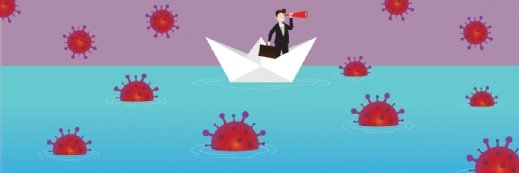
Getty Images
Psilocybin-Assisted Group Therapy Manages MDD in Cancer Patients
A phase 2 open-label clinical trial on cancer patients with MDD determined that psilocybin-assisted group therapy is a safe, feasible, and effective treatment.
On December 18, 2023, researchers published a study in Cancer, a journal of the American Cancer Society, evaluating the safety, feasibility, and efficacy of psilocybin-assisted group therapy to manage major depressive disorder (MDD) in cancer patients.
Psilocybin has been explored as an alternative to traditional antidepressants in patients with treatment-resistant depression. This study adds additional insight into the potential applications of psilocybin by focusing on a smaller patient population. Beyond that, it focuses on managing cancer beyond the disease, addressing the associated mental health challenges.
“I worked as an oncologist for over 20 years and, as time went on, saw first-hand how the impact of cancer extended far beyond the physical manifestation of the disease,” said study author Manish Agrawal, the chief executive officer and co-founder of Sunstone Therapies, in an interview with PsyPost. “For too long, we’ve focused on treating the tumor, with little regard for the immense mental and emotional distress that frequently accompanies a diagnosis, and I often saw that even when a patient made a full recovery, their mental health continued to suffer.”
The phase 2 open-label clinical trial recruited 30 MDD patients with curable and non-curable cancer from a singular community oncology practice site. Each patient received 25 mg of psilocybin once during the study, with 3–4 patients receiving their dose simultaneously.
Throughout the duration of the study, patients engaged in 4.25 hours of individual therapy and 3.75 hours of group therapy before, during, and after treatment administration. The researchers evaluated depression severity, anxiety, pain, disability, and demoralization at each stage of the study.
The data revealed that a single 25 mg dose of psilocybin was generally safe. The authors emphasize that no patients had psilocybin-related serious adverse events. Additionally, the treatment-related adverse events, such as nausea and headache, were mild and aligned with researchers’ expectations.
Beyond tolerability, investigators demonstrated that psilocybin-assisted group therapy can be an effective treatment tool for cancer patients with MDD. They found that this treatment route reduced patients’ Montgomery–Åsberg Depression Rating Scale (MADRS) score by an average of 19.1 points after 8 weeks of treatment. Additionally, the researchers noted that 80% of patients had a sustained response and 50% showed remission starting at week 1.
“The novel, group-oriented format, compact delivery time, community cancer center setting, and one-to-one therapist-to-patient ratio could also add to therapeutic gains and efficiency of administration,” concluded researchers in the article.






